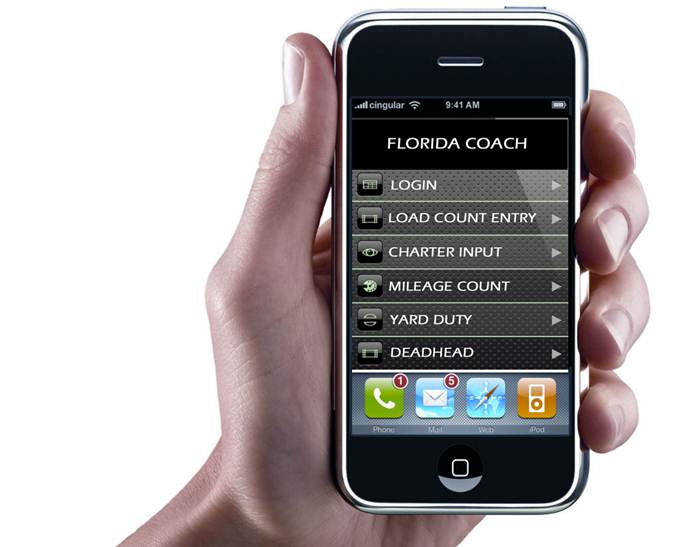 As airlines move customers to mobile ticketing, similar opportunities for rail, bus, and transit offer even more economies of scale to the traveling public, if the industry standard as a whole can overcome three distinct hurdles to converting to a mobile standard.
As airlines move customers to mobile ticketing, similar opportunities for rail, bus, and transit offer even more economies of scale to the traveling public, if the industry standard as a whole can overcome three distinct hurdles to converting to a mobile standard.
1. A mobile device is not a web site. Customers don’t need a mobile site to learn about legal terms and conditions, they need “the three Bs” — book, buy, and board. To an increasingly tech-savvy audience, simplicity sells.
2. A mobile site can’t be a vanity project. To embrace economies of scale, m-commerce must be fully integrated with existing ticketing and payment systems. Building a mobile site and simply treating it as a “one-off” misses the point. The success of Boltbus, a deep-discount carrier in the Northeast which leverages mobile and web ticketing together, allows it to be more competitive in the market with the established legacy carrier, Greyhound.
3. A mobile solution is not independent of an overall strategy. The additive costs of technology, from scanners to wireless accounts, must be part of the total cost of ownership. Simply building an m-commerce site will not meet expectations for revenue collection and recognition that are not easily quantified after the fact. The ability to balance this opportunity with existing operations remains a challenge across many travel providers.
Lastly, the industry must not underestimate the transformative power of GPS in m-commerce. E-mail opened a significant B2C opportunity, but it pales in comparison to knowing where a customer is at any one time. This is especially valuable for partnerships in the hotel and tourism sector. GPS will make today’s web marketing obsolete, and the time to talk about it begins now.
An AT&T commercial shows the parents of a future U.S. president meeting on a train, but only after re-booking the ticket on a mobile phone. This isn’t science fiction–embracing mobile thinking today can literally change an industry (and a nation) for the next generation.
Take a look at your m-commerce strategy. How many of your customers are missing the train?
John Reagan is a senior consultant for mobile solutions at Clockwork Technology, LLC, Plano, TX. Reach him at john.reagan@clockworktechnology.com
See the previous post in the series here: Have Phone, Will Travel (Part 1)
